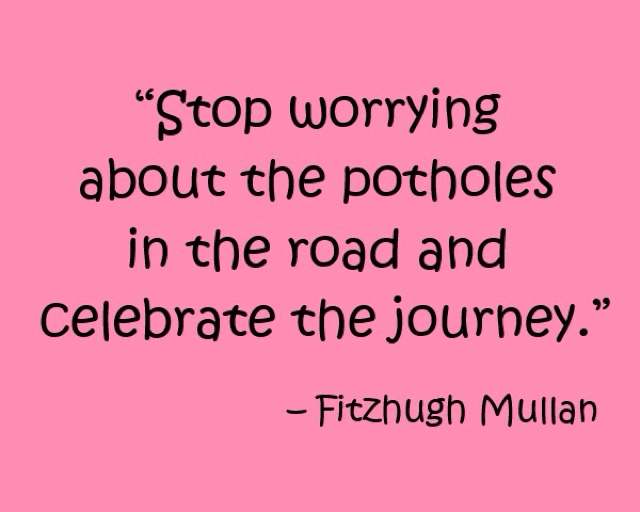Feminizing History in The White Princess
 What if the King of England was nothing more than the pawn or prize for some of the most powerful women in the country? This is the question which frames Philippa Gregory's novel The White Princess. The story is told from the perspective of Elizabeth of York, daughter of King Edward IV, who marries King Henry Tudor after her mother made a promise with his in order to protect both of their families. Henry Tudor, though he is both king and enemy of the York dynasty which he overthrew to take the throne, is the most desirable prize for Elizabeth Woodville, the princess' mother, because he is the only way that her descendants can ever reach inherit her husband's crown.
What if the King of England was nothing more than the pawn or prize for some of the most powerful women in the country? This is the question which frames Philippa Gregory's novel The White Princess. The story is told from the perspective of Elizabeth of York, daughter of King Edward IV, who marries King Henry Tudor after her mother made a promise with his in order to protect both of their families. Henry Tudor, though he is both king and enemy of the York dynasty which he overthrew to take the throne, is the most desirable prize for Elizabeth Woodville, the princess' mother, because he is the only way that her descendants can ever reach inherit her husband's crown.Another important question at the centre of this novel is: what do women have to do to have security and power in a patriarchal society? The answer is, of course, marry strategically and never overstep your position. Henry's mother takes the marriages she is given and makes the most of them, securing support for her son while hiding behind her husband's proximity to the old king until her son can take over. Princess Elizabeth marries Henry to provide him with York supporters while making sure that her family continues to hold a place of honour and respect in a court that has turned against them. Even Maggie, her cousin, marries a Tudor knight to save herself from ending up in the Tower of London with her brother to make sure that York uprisings don't gather around them. Elizabeth and her cousin, no matter how loyal or hopeful they remain concerning the York cause, refuse to do anything obviously treasonous. They never directly associate with an opposition because they know that it is dangerous, but the princess uses her marriage to plead her family's case, allowing her rebellious mother to live a fairly long life with no greater punishment than being confined to an abbey.
What this story does is highlight the fact that all of the decisions that these women made were done behind the scenes. Thus, feminizing history means looking at the unwritten, undocumented attitudes and choices played out in their daily lives. Elizabeth never took her mother-in-law to war, she simply learned to please her husband and win his heart so that he would side with her. Margaret never presumed to take the throne in her own right, so she protected her son and built alliances for him so that no one would willingly come against him. These women fade into the background in the histories we have, but that is simply because they knew how to make power plays without drawing attention to themselves. In a world ruled by men, they knew that they could use those men to shield themselves.
Interestingly, the miniseries adaptation tried to up the feminist aspect, making the women far more brazen and direct in their struggles with one another. Elizabeth is far less careful and far more rebellious. True, this is all speculation, but maybe the show takes it too far. Who ever said that feminist history has to be full of women who openly exhibit their power, especially when they actually had very little? Perhaps they were able to do that, but I think that our historical records might be different if this was the case. That is not to say that there is anything wrong with the show -- it actually paints the marriage in a bit of a better light than the novel does, which I appreciate -- only that it is different. What this does speak to is our society's current need for more overt feminist material, which I really like. My one caution would be to make sure that we never twist history to give the women more agency than we know they were allowed. Let us show how women were able to have power in spite of patriarchy, not instead of it. Sometimes feminist movements have to occur within societal restraints...luckily today we have come to a point where we can question such limits.

Comments
Post a Comment